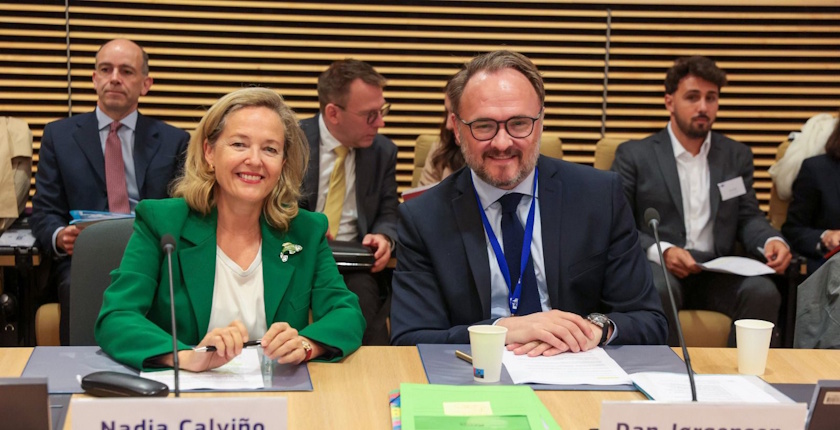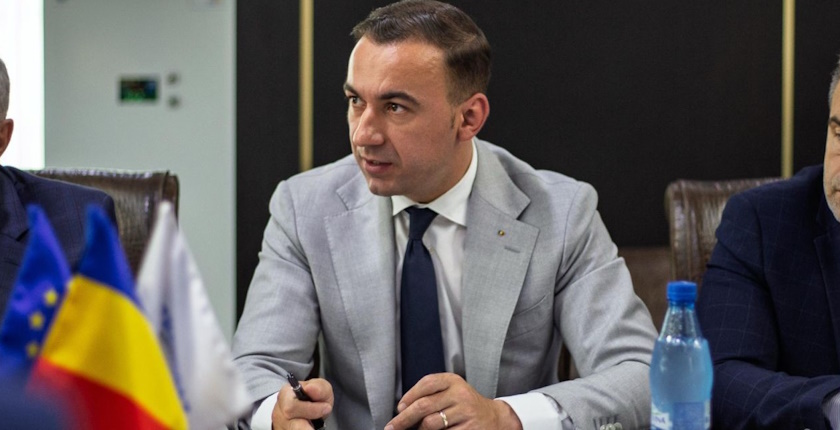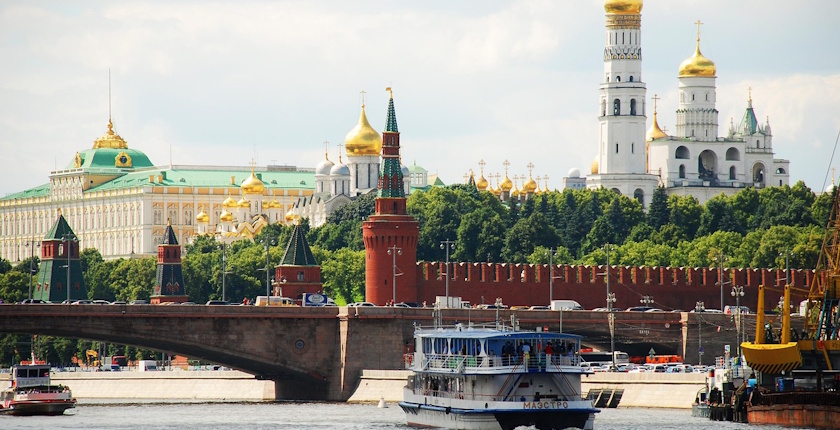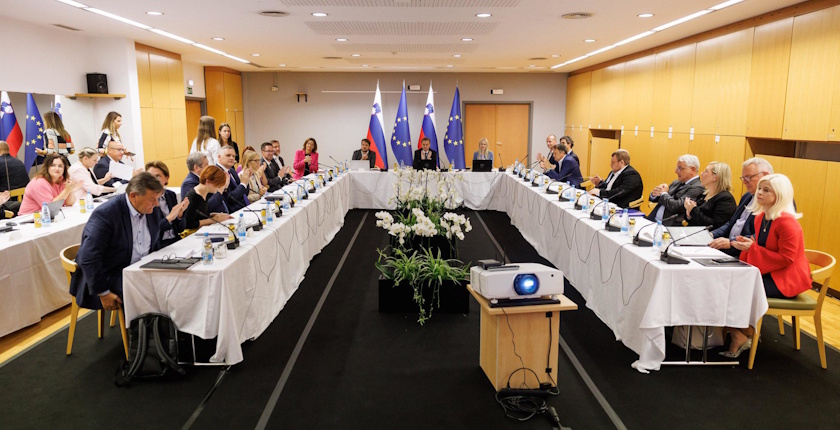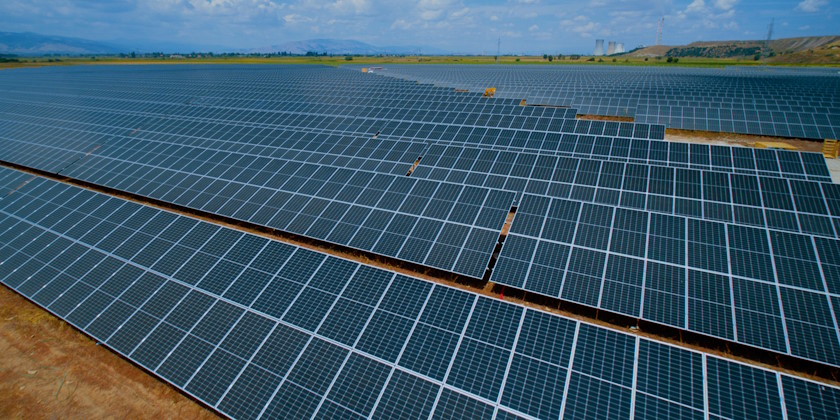
YESS Power set to commission Western Balkans’ first large battery energy storage system
YESS Power said that in November it plans to commission a 60 MW battery energy storage system (BESS) in North Macedonia. The Turkey-based contractor is installing the facility for Mey Energy at the site of the client’s solar power plant in Novaci. It would be the first large BESS and hybrid power plant in the region.
While the Western Balkans still doesn’t host any utility-scale BESS, giant leaps forward are seen in North Macedonia. Fortis Energy intends to expand its Oslomej solar power plant with one such facility, while Zen Energy Group has started the installation of a hybrid energy plant of the same kind. In addition, Turkey-based engineering, procurement, installation, and commissioning contractor YESS Power is spearheading the project for the addition of a BESS to the Novaci photovoltaic plant.
When Mey Energy put the 55 MW solar park into operation two years ago, it was the biggest in the said region. Now YESS Power, in cooperation with battery manufacturer Cubenergy from China, is installing a BESS of 60 MW at the site for the client.
With the commissioning date scheduled for November, it is about to become the first large battery energy storage facility in North Macedonia and the Western Balkans.
Novaci was the biggest PV park in the region when it was built in 2023
YESS Power, Topkapı Endüstri’s new brand, is responsible for engineering, installation, technical services and maintenance of the battery segment of the future hybrid power plant.
Mey Energy’s Novaci solar power plant spans 57 hectares. It generates 85 GWh per year, equivalent to the electricity demands of 30,000 households in the country. Notably, the PV system is next to the open pit coal mines of the REK Bitola energy complex, which includes a thermal power plant.
YESS Power said it specializes in scalable, secure, turnkey energy storage solutions for solar plants, industrial facilities, grid support and microgrids. It revealed that the current project marks the beginning of a “a broader strategic partnership in the Turkish and Eastern European markets” with Cubenergy.
In the wider Southeastern European region, Romania, Bulgaria and Turkey are massively adding BESS capacity. The remaining countries remain slow with administrative changes, planning and investment.


